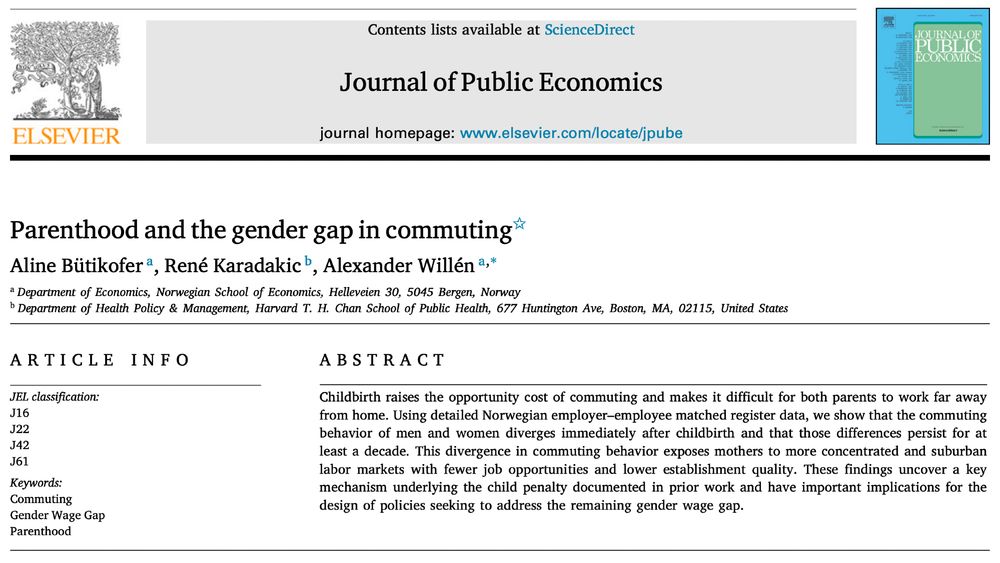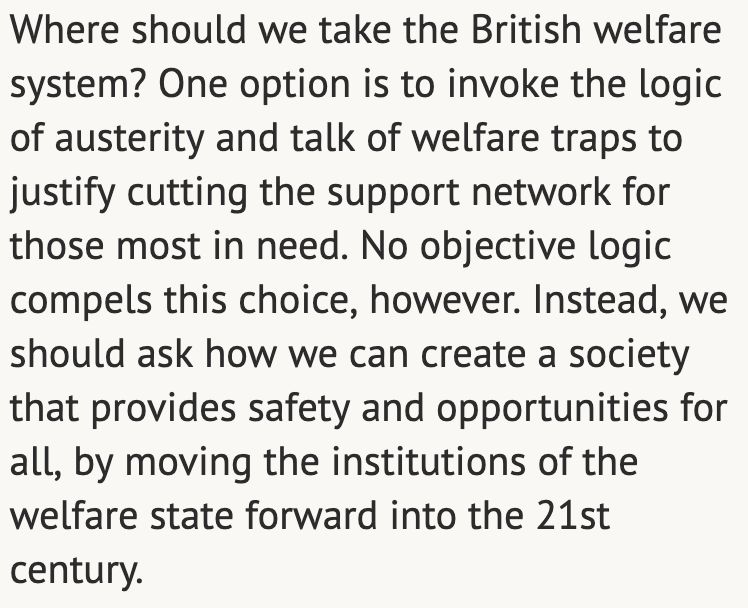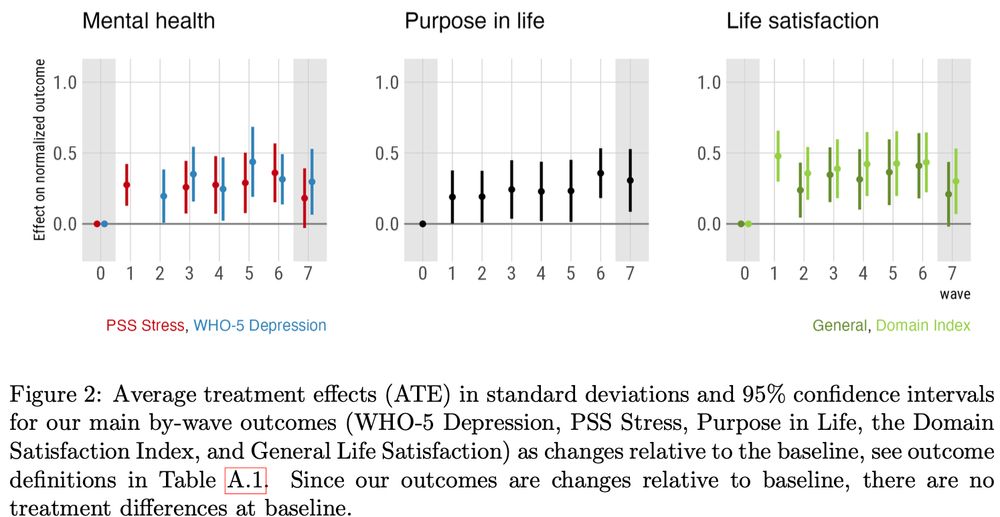Stefan Pfattheicher
@stepf.bsky.social
240 followers
280 following
19 posts
Here to share The Transparent and Open Science Game: https://osf.io/t9ngd/
boredom | empathy | pro- and antisocial behavior and traits | pasta | Aarhus University
Posts
Media
Videos
Starter Packs
Reposted by Stefan Pfattheicher
Reposted by Stefan Pfattheicher
Reposted by Stefan Pfattheicher
Reposted by Stefan Pfattheicher
Reposted by Stefan Pfattheicher
Reposted by Stefan Pfattheicher
Reposted by Stefan Pfattheicher
Reposted by Stefan Pfattheicher
Daniel Lakens
@lakens.bsky.social
· Aug 15
Reposted by Stefan Pfattheicher
Reposted by Stefan Pfattheicher
Stefan Pfattheicher
@stepf.bsky.social
· Jul 19
Reposted by Stefan Pfattheicher
Anatolia Batruch
@anatoliab.bsky.social
· Jul 16
Reposted by Stefan Pfattheicher
Reposted by Stefan Pfattheicher
Stefan Pfattheicher
@stepf.bsky.social
· Mar 30
Stefan Pfattheicher
@stepf.bsky.social
· Mar 29
Stefan Pfattheicher
@stepf.bsky.social
· Mar 29
Stefan Pfattheicher
@stepf.bsky.social
· Mar 29
Stefan Pfattheicher
@stepf.bsky.social
· Mar 29

















